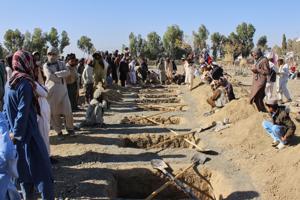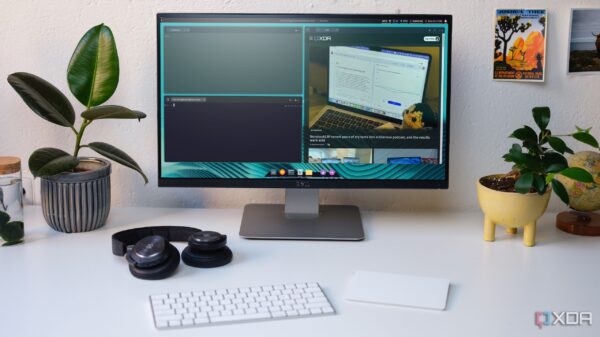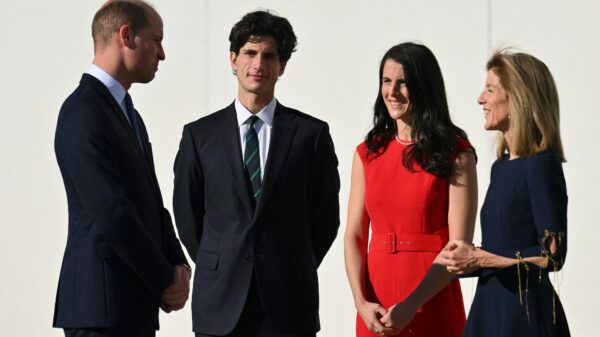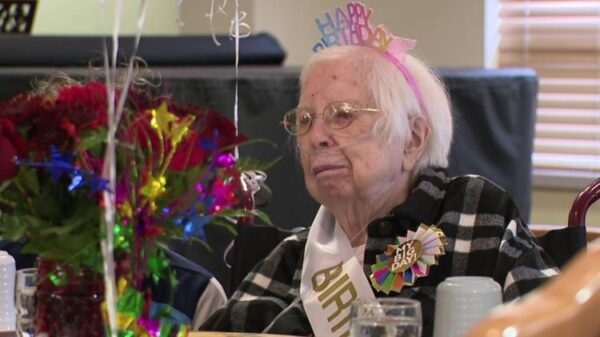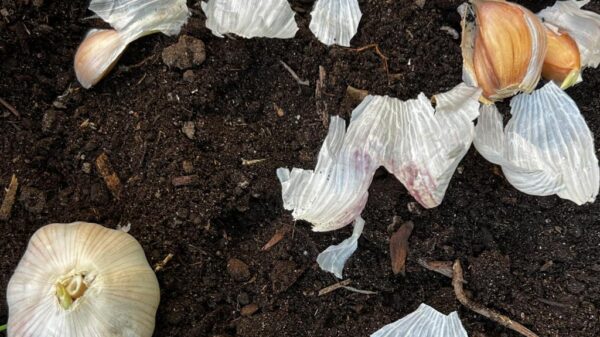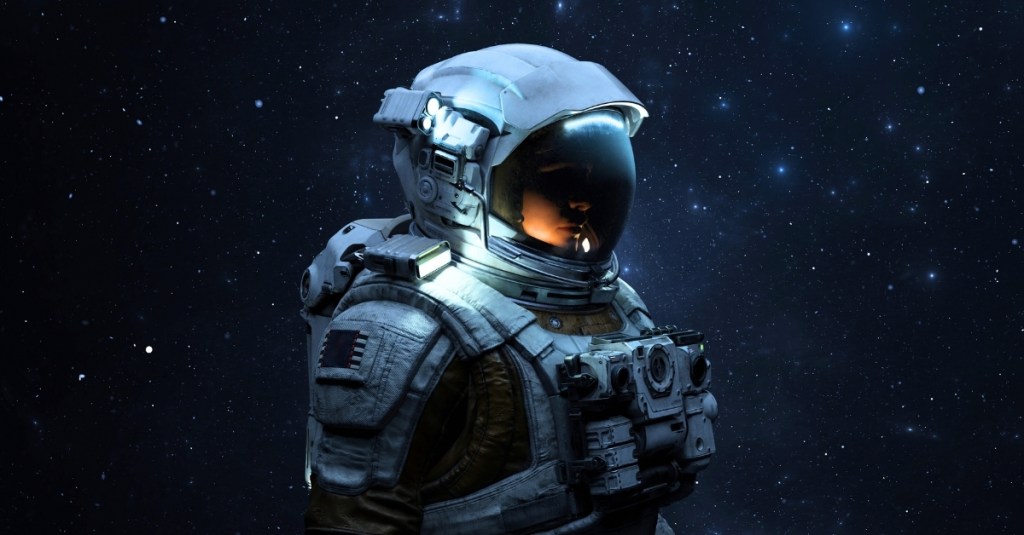BREAKING: A shocking new study reveals that space travel may be rapidly aging astronauts. Published in the journal Cell Stem Cell, this research led by UC San Diego biochemist Jessica Pham indicates that time spent in microgravity can have profound effects on human biology—far beyond what scientists previously understood.
In a groundbreaking experiment, researchers sent human hematopoietic stem and progenitor cells (HSPCs) aboard SpaceX missions to the International Space Station (ISS), where they were exposed to space conditions for up to 45 days. The results were alarming: the cells began to exhibit signs of aging akin to decades of biological stress.
The study found that exposure to microgravity and cosmic radiation significantly accelerated the production of inflammatory proteins while hindering healthy cell regeneration. “It’s like driving with your foot mashed on the accelerator at all times until you burn out the oil,” explained Pham. The most concerning indicator of rapid aging was a marked shortening of telomeres, the protective caps at the ends of chromosomes that naturally diminish over time. Once these telomeres shrink too much, cells stop dividing, leading to increased disease risk and immune dysfunction.
Even more troubling, some cells became overwhelmed and failed to suppress what researchers call the “dark genome”—a term for dormant genetic material that can destabilize cellular function. This alarming development raises new questions about the long-term health of astronauts and the implications for future space travel.
Dr. Catriona Jamieson, another co-author from UC San Diego, referred to space as “the ultimate stress test for the human body.” These findings are critical as they may guide space agencies in developing better protective measures for astronauts during missions. Fortunately, the study notes that some of the cellular damage observed is reversible after returning to Earth, provided the cells are not exposed to environments that could further alter their structure.
The implications extend beyond astronauts; this research could pave the way for breakthroughs in reversing aging for those of us on Earth. As exploration of space continues to expand, understanding these biological effects will be essential for ensuring the health and safety of astronauts.
This urgent update underscores the importance of ongoing research in the field of space biology. Further studies will be essential to monitor these effects and develop countermeasures that could help mitigate the rapid aging process in space.
Stay tuned for more updates as this story develops, as the health implications of space travel are more significant than ever.









